Verizon denies that a database offered for sale on a public forum contains real customer records, describing it as old data not connected to the company or its users.
A report by cybersecurity researchers at SafetyDetectives forum post advertising a database labeled "Verizon USA" with over 61 million records. The listing claimed the data was 3.1 gigabytes in CSV or JSON format and included sample screenshots of personal information fields.
Verizon told TechRadar it reviewed the postings and dismissed the data as old information recycled from forums. The company insists it has to its systems or customers and rejects any claim of a new breach.
What researchers actually found
SafetyDetectives updated its findings on June 27, describing the listing on a well-known clearweb forum where users buy and sell leaked databases. The post included screenshots as proof, showing 517 sample records across two images.
- First and last names
- Dates of birth
- Tax ID numbers
- Full addresses
- Multiple phone numbers
- Email addresses
- IP addresses
SafetyDetectives said the data appeared structurally legitimate. They also stressed they couldn't confirm it belonged to Verizon customers.
The seller dated the database as "2025." They replied "For sale" when asked for a download link, signaling an attempt to commit fraud. Researchers warned that even though the sample looked real, its actual origin remained unverified.
Verizon's denial and the broader context
Verizon rejects the claim outright, describing the listing as recycled data from older breaches. It emphasizes that there is no current link to its customer base.
Previously leaked data often resurfaces on forums. Threat actors repackage and sell information, creating confusion about its freshness or accuracy.
Clearweb forums allow threat actors to sell stolen or leaked data without requiring specialized dark web access. These platforms enable sellers to share samples, negotiate sales, and reach a wide audience while maintaining anonymity.
Even with Verizon rejecting the claims, the situation shows how exposed personal data can be weaponized. Details like full names, dates of birth, and Tax ID numbers can fuel identity theft, fraudulent loans, and tax scams.
How to stay safe
As is the same with walking down the street, some basic common-sense protections and situational awareness will give you the best protection.
First, watch for unsolicited emails, calls, or texts that demand personal information or pressure you to act quickly. Challenge suspicious messages and verify the sender before clicking any links or sharing details.
Next, check your bank and credit card statements regularly for unauthorized charges. Consider setting up transaction alerts for extra security.
It's also a good idea to review your credit report regularly to spot any new accounts opened in your name.
Finally, update privacy settings on social media and other online accounts. Look for settings that limit who can see personal information.
Avoid sharing details like your birthdate, phone number, or address publicly. Use strong, unique passwords and enable two-factor authentication where available.
 Andrew Orr
Andrew Orr
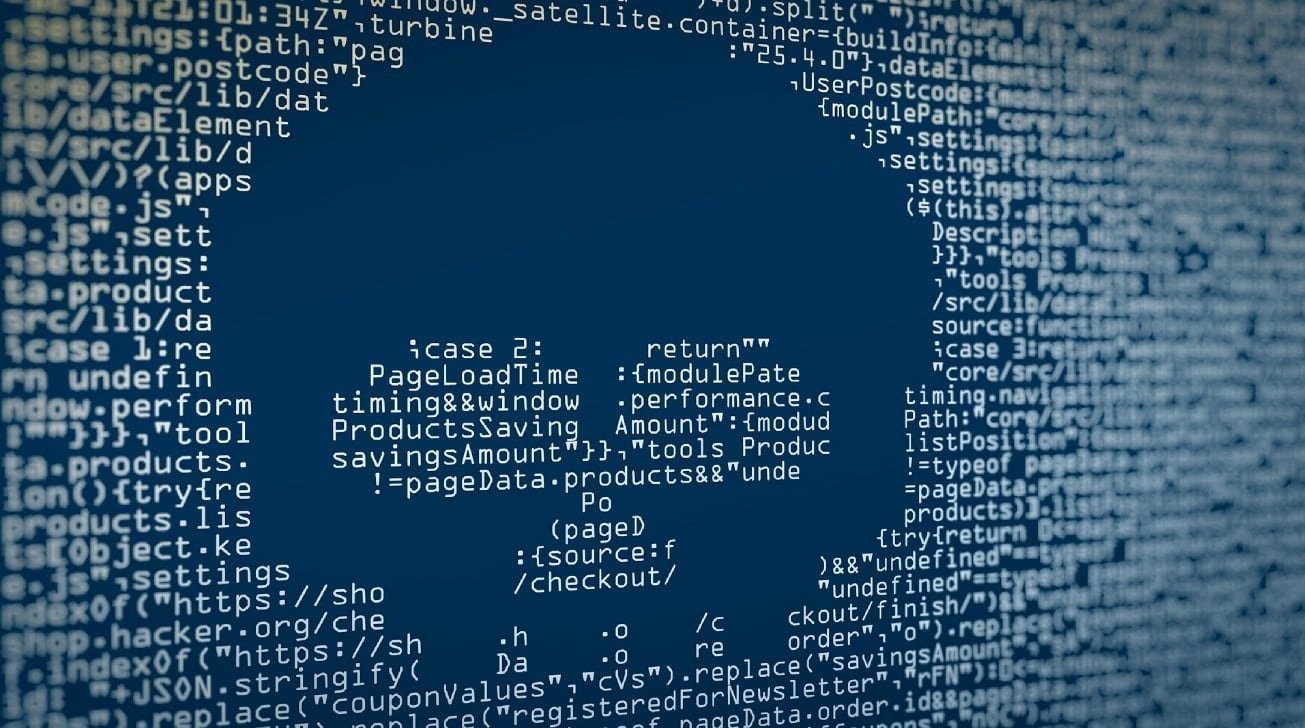

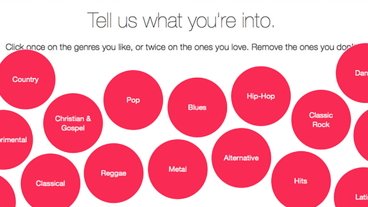


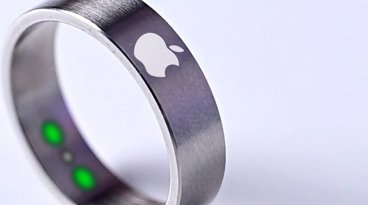




 Wesley Hilliard
Wesley Hilliard
 Malcolm Owen
Malcolm Owen


 William Gallagher
William Gallagher




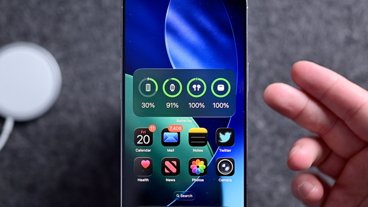
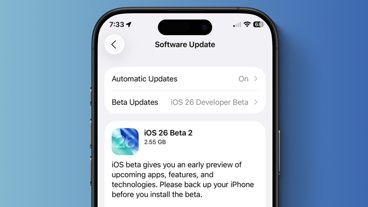




There are no Comments Here, Yet